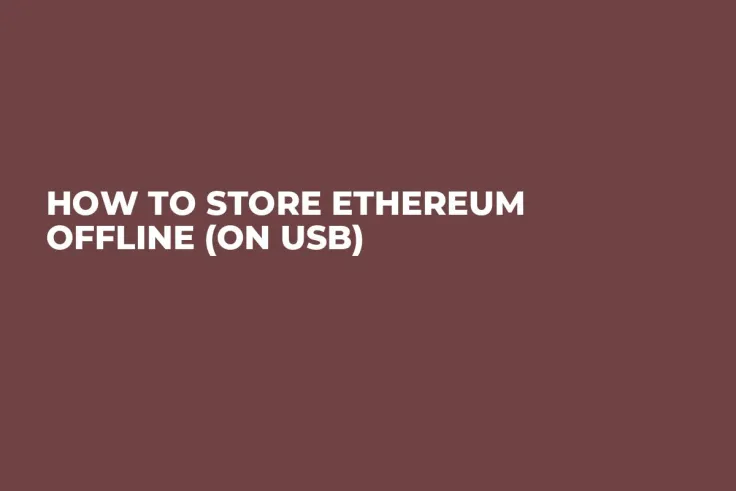
Anyone that’s following trends on the e-commerce business community knows that digital currencies have taken this market by storm. Numerous altcoins have been introduced over the last few years including Bitcoins, NEO, and Ethereum, etc... Ranked as 8th by market cap rates, Ethereum is currently one of the largest cryptocurrencies. It is a decentralized platform that is spread out through the network of public nodes connected with each other on a peer-to-peer basis. If you are newly joining the niche, this may sound a little disconcerting and be confusing at the same time. However, with some guidance, buying and storing your digital assets shouldn’t be that complicated.
The Purchasing Process
There are many ways in which you can buy Ethereum. It can be directly using fiat currency such as USD, EUR or GBP. The principal requirement is a debit, credit card or just a bank account that can facilitate international transfers.
You will be required to register an account on one of the recommended exchange platforms. The next thing is to verify your identity and add a method of payment. This should be enough to get you started on buying some Ether. The good news is that the verification process that one has to go through in buying Ethereum is quicker than it was some time back and the purchasing process is slowly becoming more hassle-free.
Storing Ethereum
The next logical concern here is how you will store your newly acquired digital assets. This decision tends to be a difficult one for most people as they are unsure of the exact means they will use to store their coins. It is imperative that you take this seriously since you may end up losing your hard-earned coins if you don’t take the necessary precautions. Cold storage or the use of offline devices such as USBS to store your coins is one of the most reliable storage approaches on the digital market today. ETH and other coins are typically stored on crypto-currency wallets. They are comparable to bank accounts in that you can receive, store or spend your currencies from this wallet. There are various types of wallets, and all of them have different levels of security. Listed below are some of the wallets arranged from the most secure downwards:
-
Paper wallets-most secure
-
Hardware wallets- most secure
-
Desktop wallets-good security
-
Hot wallets-average security
A Survey of Ethereum Wallets
-
Paper Wallets
These are the most convenient means of storing Ethereum in current days. They are private keys written or printed out on a laminated piece of paper and locked away in a safe or secure deposit box. You can make as many copies and store them safely in different locations. The trade-off that exists between security and accessibility is of the highest inconvenience though. They are typically used for long-term investments and to store large amounts of coins. The main advantage is that it offers maximum security. It can, however, be impractical for regular use. -
Hardware Wallets
Hardware wallets are usually disconnected from the internet hence they cannot be hacked. This makes them offer a high level of security. They are traditionally hardware devices that one uses to put their ether private keys on and locked in a safe place. These wallets include Trezor Hardware Wallets, Ledger Nano and Keepkey Hardware Wallet. -
Ethereum Desktop Wallets
These are the most secure wallets available today. Their security level is dependent on the lengths that one goes into to ensure proper security for one’s computer. Investing in a good antivirus and firewall is a priority before storing a lot of coins on a personal computer. Examples here include MetaMask, MyEtherWallet and Mist among others.In conclusion, every worthy investment should have a good back-up. You should, therefore, be wise in choosing where you buy and store your Ethereum. It will prove to be worth the effort.
 Arman Shirinyan
Arman Shirinyan Alex Dovbnya
Alex Dovbnya Tomiwabold Olajide
Tomiwabold Olajide